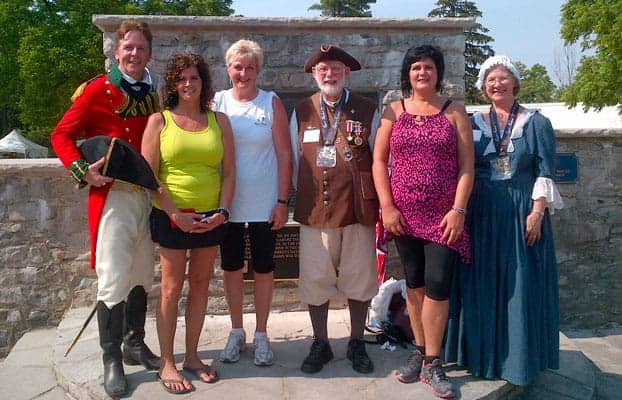;
;
;

It was June 21, 1813, in the midst of the War of 1812, that a young woman in the American-occupied Niagara Peninsula learned of a sneak attack on Lieutenant James FitzGibbon’s British troops. Laura Secord, who had been nursing her injured husband and (according to legend) heard of the impending atta
Last updated on May 04, 23
Posted on Jun 28, 13
3 min read
